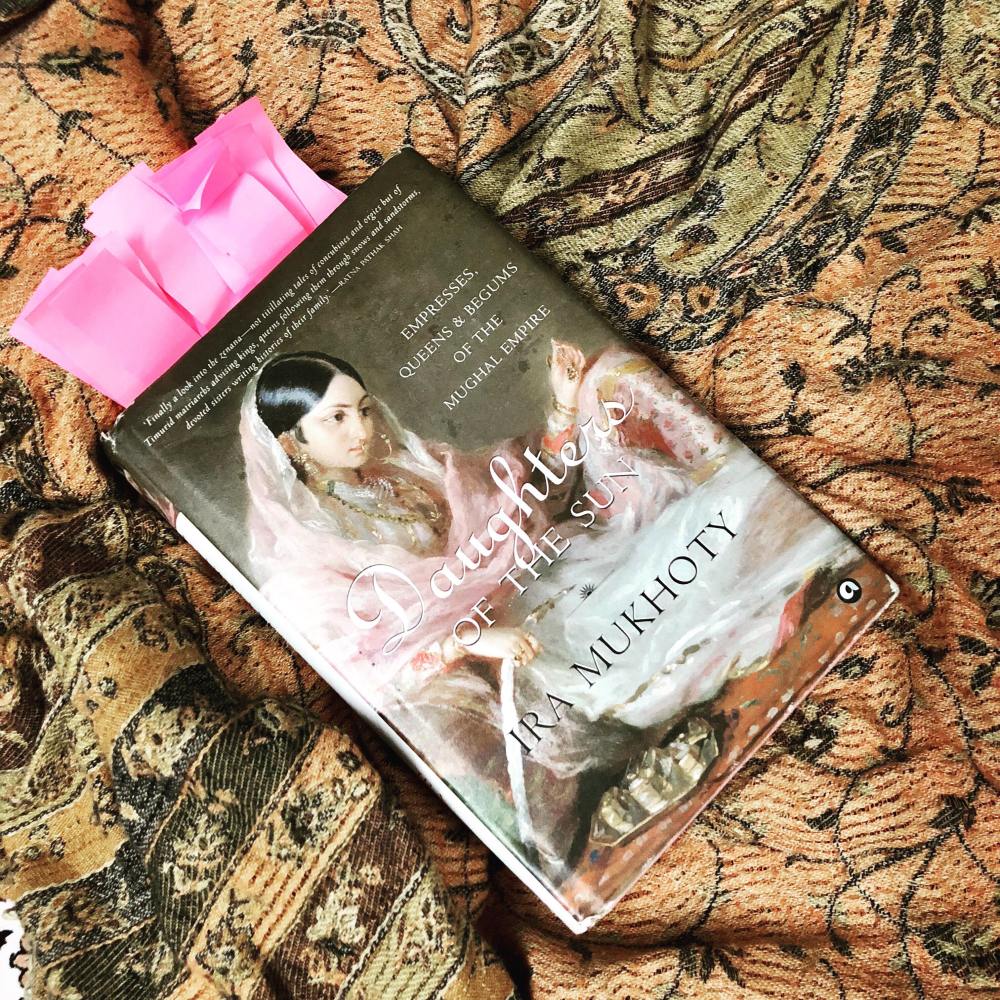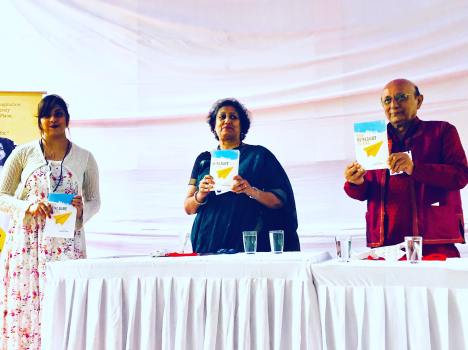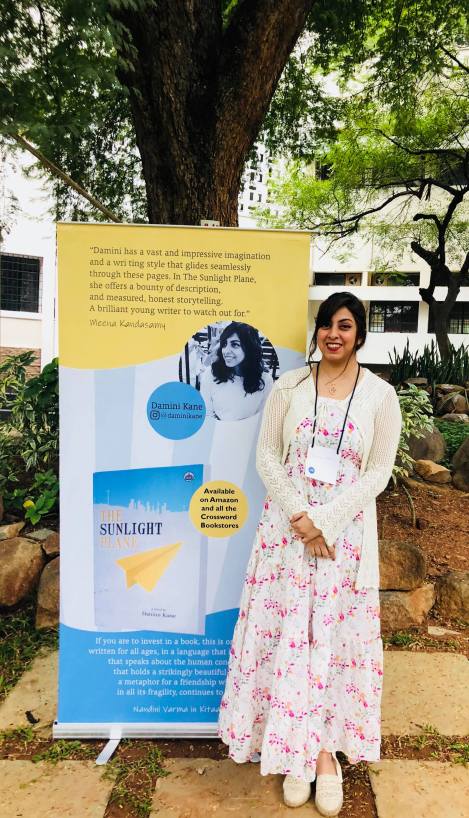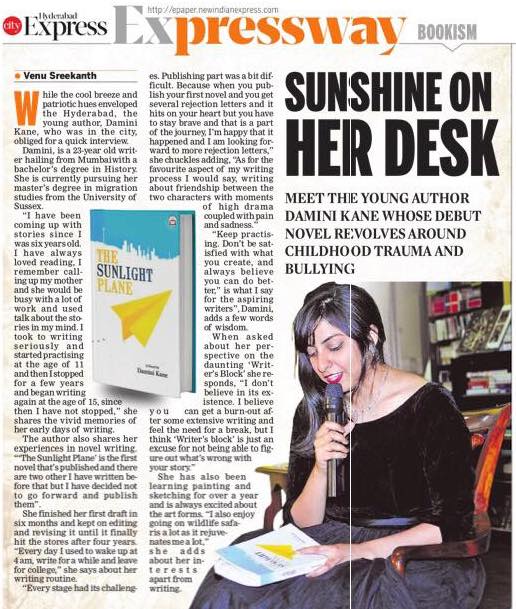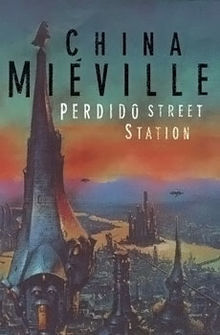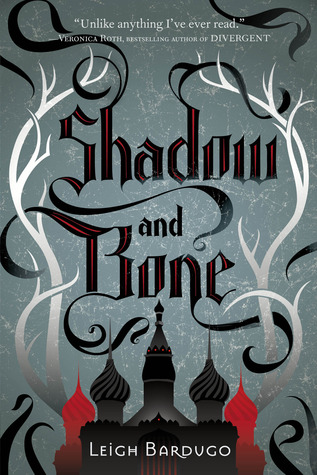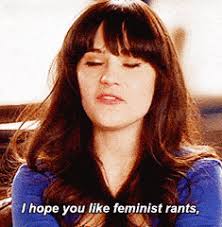Book Review – Legends of the Condor Heroes: A Hero Born
Author: Jin Yong (Pen name of Louis Cha)
Translator: Anna Holmwood
Publisher: Maclehose Press (Hachette)
Genre: Fantasy/Action/Martial Arts
Pages: 394
Rating: 4/5
Blurb:
China: 1200 A.D.
The Song Empire has been invaded by its warlike Jurchen neighbours from the north. Half its territory and its historic capital lie in enemy hands; the peasants toil under the burden of the annual tribute demanded by the victors. Meanwhile, on the Mongolian steppe, a disparate nation of great warriors is about to be united by a warlord whose name will endure for eternity: Genghis Khan.
Guo Jing, son of a murdered Song patriot, grew up with Genghis Khan’s army. He is humble, loyal, perhaps not altogether wise, and is fated from birth to one day confront an opponent who is the opposite of him in every way: privileged, cunning and flawlessly trained in the martial arts.
Guided by his faithful shifus, The Seven Heroes of the South, Guo Jing must return to China – to the Garden of the Drunken Immortals in Jiaxing – to fulfill his destiny. But in a divided land riven by war and betrayal, his courage and his loyalties will be tested at every turn.
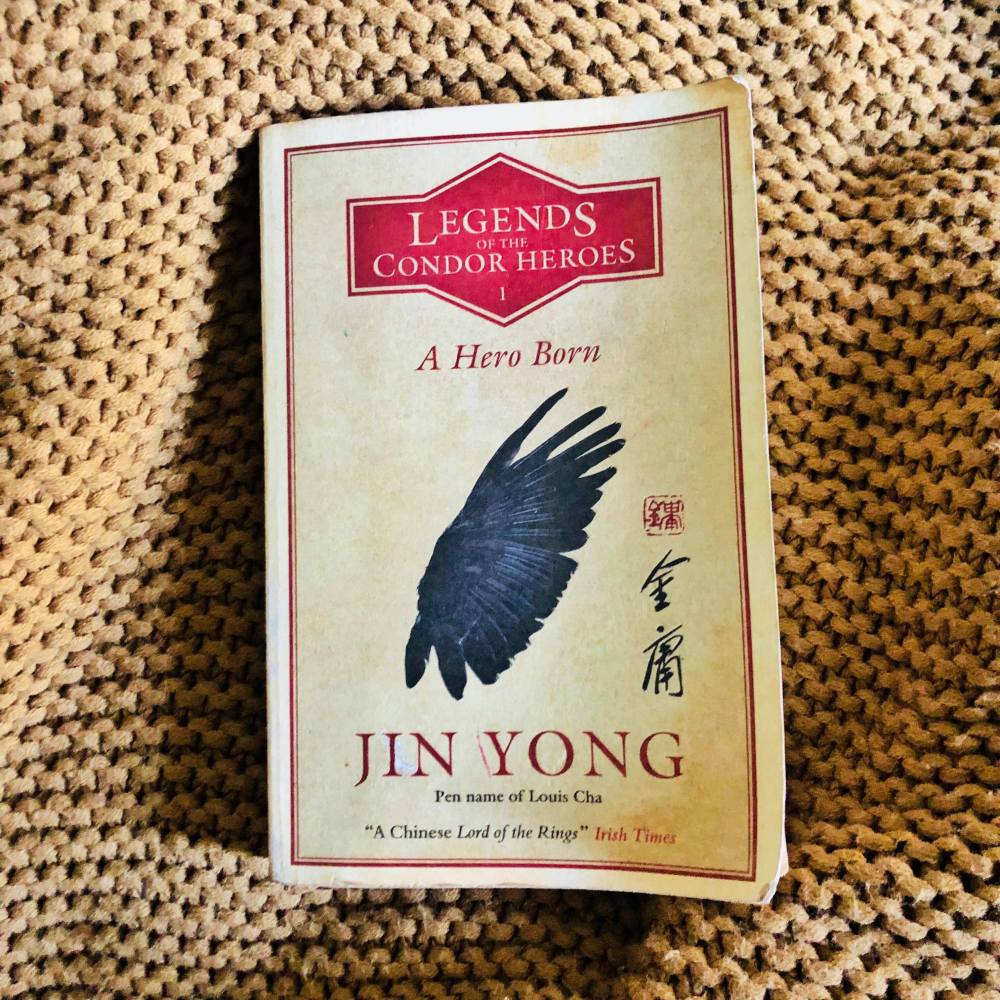
You are looking at a book fondly called the ‘Chinese Lord of the Rings’. This moniker so intrigued me that I purchased this copy and waited almost a month for it to be delivered (thanks, Amazon).
At first glance, this book seems a little intimidating, especially if you aren’t familiar with Chinese names and history. But it comes with a very helpful character index and introduction, that I frequently consulted if I got confused. But that, I thought, was a small inconvenience because the book itself reads like butter.
The story moves so smoothly from one scene to the next, each packed with incredible action and martial arts fight scenes worthy of a hundred silver screen adaptations. The book sports a rich pantheon of characters, and I had a lot of fun picking and choosing who I loved best. The main character, Guo Jing, is so honest and endearing that you can’t help but love him. The Seven Freaks of the South (great name for a group of martial arts masters, by the way) are just effortlessly cool and blow your mind constantly.
This story was first written as serialised pieces in the Hong Kong Commercial Daily in the late 1950s. I think this adds a special something to the writing style, because I do admit it takes getting used to. I do wish that the female characters received more attention, though it needs to be said that for its time, the Condor Heroes series was very progressive in its depiction of women.
I really enjoyed this book and I’m looking forward to reading its sequel, A Bond Undone.
